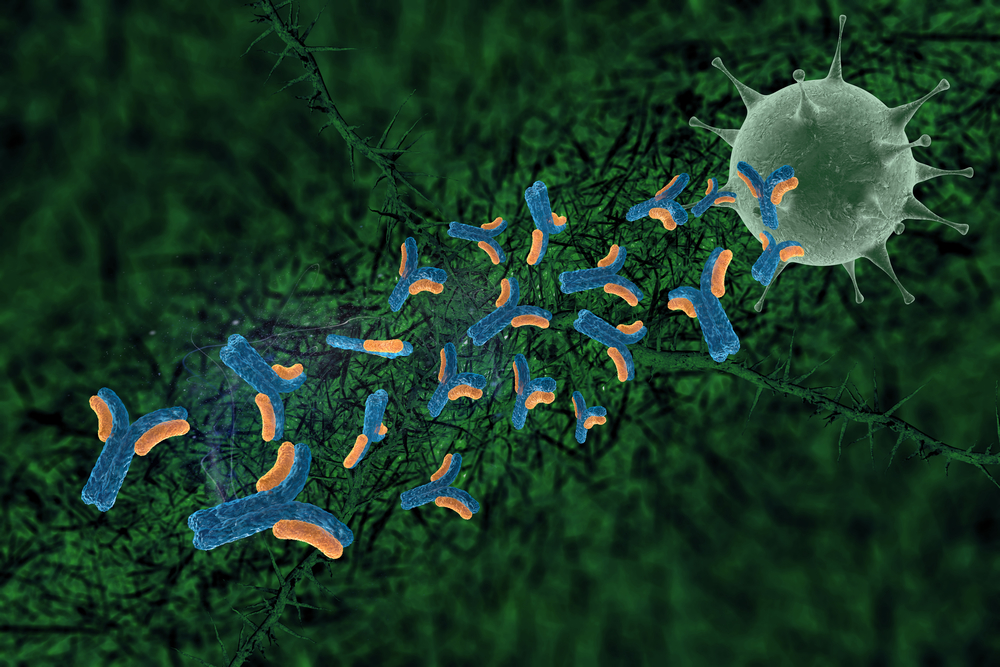Four factors that affect the survival rate for cancer patients

We all know that it is extremely hard to treat and cure cancer. The survival rate is different in everyone: some people die in a few months after diagnosis of cancer, some have lived for several years, and others are still alive after more than ten years.
So why cancer patients have different survival rates, and what factors involved?
First of all, the treatment used has a large impact on a cancer patient’s survival rate. The right treatment regimen can prolong the survival of cancer patients. But besides this, what else affects the life expectancy of cancer survivors?
Oncologists have concluded that, in addition to the treatment patients received, the survival length for cancer patients depends on four other factors.
1.Cancer type
The division and spread of cancerous cells vary in different types of cancer. For example, thyroid cancer grows slowly and can be cured clinically through surgical resection, and even a late-stage metastasis can have a good prognosis. But to small cell lung cancer, that is another thing. Known as a malignant tumor that grows and spreads quickly, small cell lung cancer can possibly metastasize to secondary sites even in an early stage.
2.Cancer staging
Staging is a way of describing the size of cancer and how far it has grown. Caner is divided into four stages, numbered from 1 to 4. Cancer in stage 4 is the toughest one with more widespread metastasis. For example, the 5-year survival rate for early-stage lung cancer is about 80%, but for lung cancer in a late stage, this figure decreases to only 20%. The 5-year survival rate for early-stage breast cancer and cervical cancer reaches 90%. It can be seen from the statistics that the survival rate of cancer patients is correlated to the cancer staging and an early intervention is significant to a cancer cure, which makes a regular screening necessary.
3.General health
Overall health is vital to the efficacy of cancer treatments. Patients with a good health condition are more likely to tolerate various cancer treatments, which means that they can receive an overall treatment scheme or try more alternative therapies, thus helping them prolong the survival. However, a poor general health may force patients to give up surgery, chemo-radiotherapy or targeted therapy, thus resulting in the limited benefits from these therapies.
4.Attitudes towards cancer
Patients’ attitudes towards cancer have a great impact on the efficacy of treatment. When undergoing treatment, patients with optimistic attitudes tend to cooperate with doctors in an active manner. For example, they are willing to do health-promoting exercise, quitting smoking and alcohol,which they may never mean to do when they are healthy. Positive attitudes bring benefits to cancer survivors.


